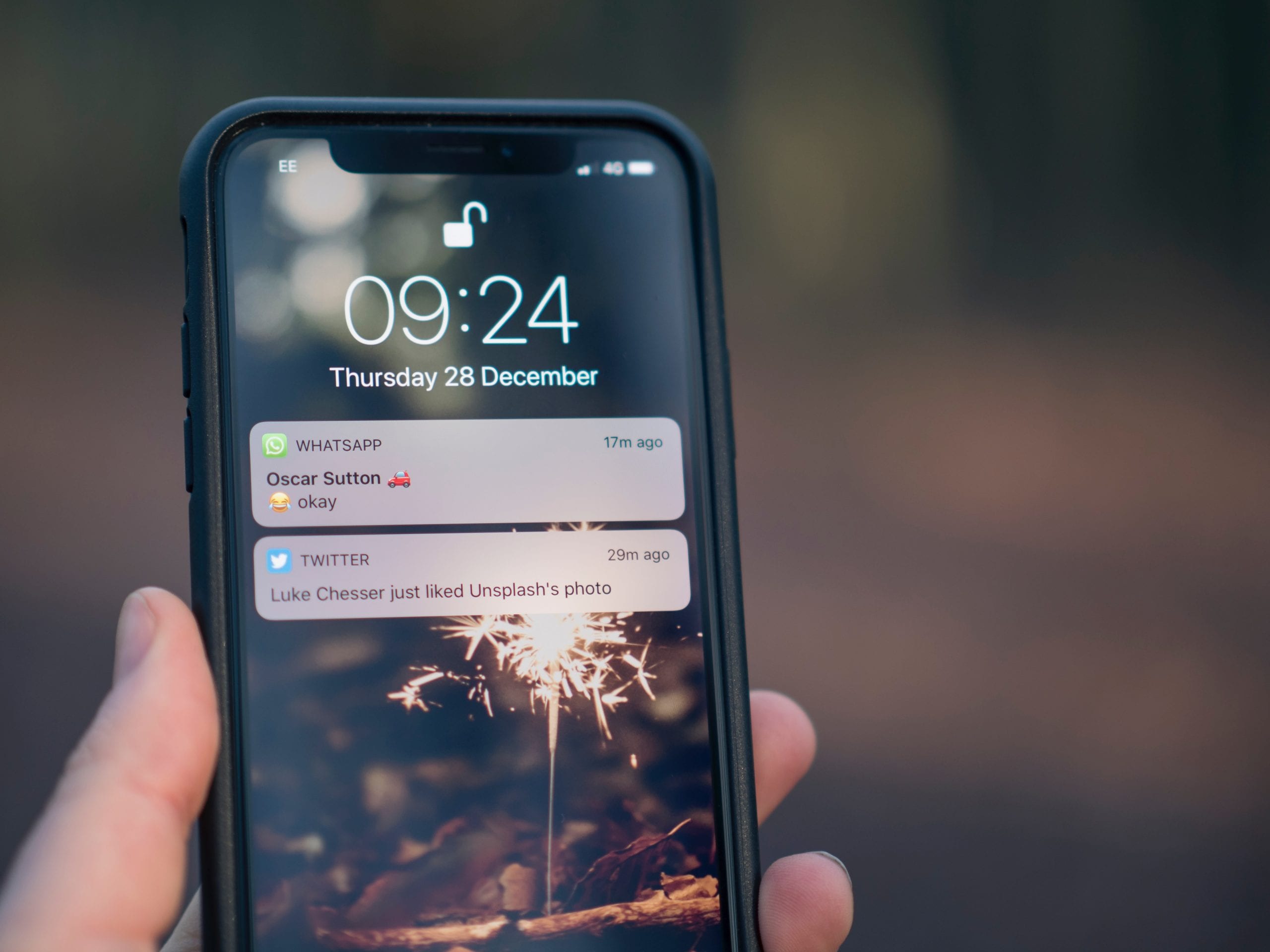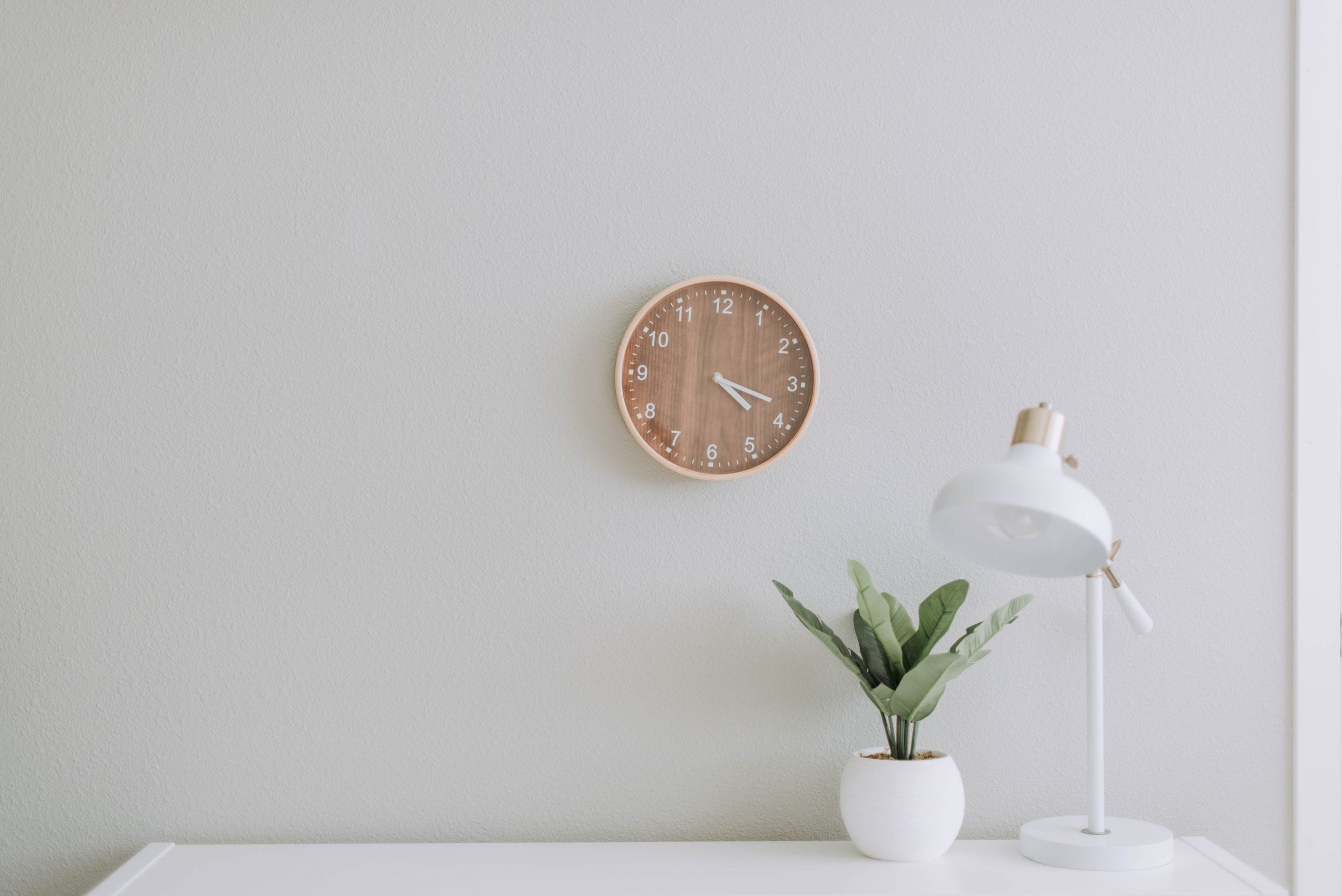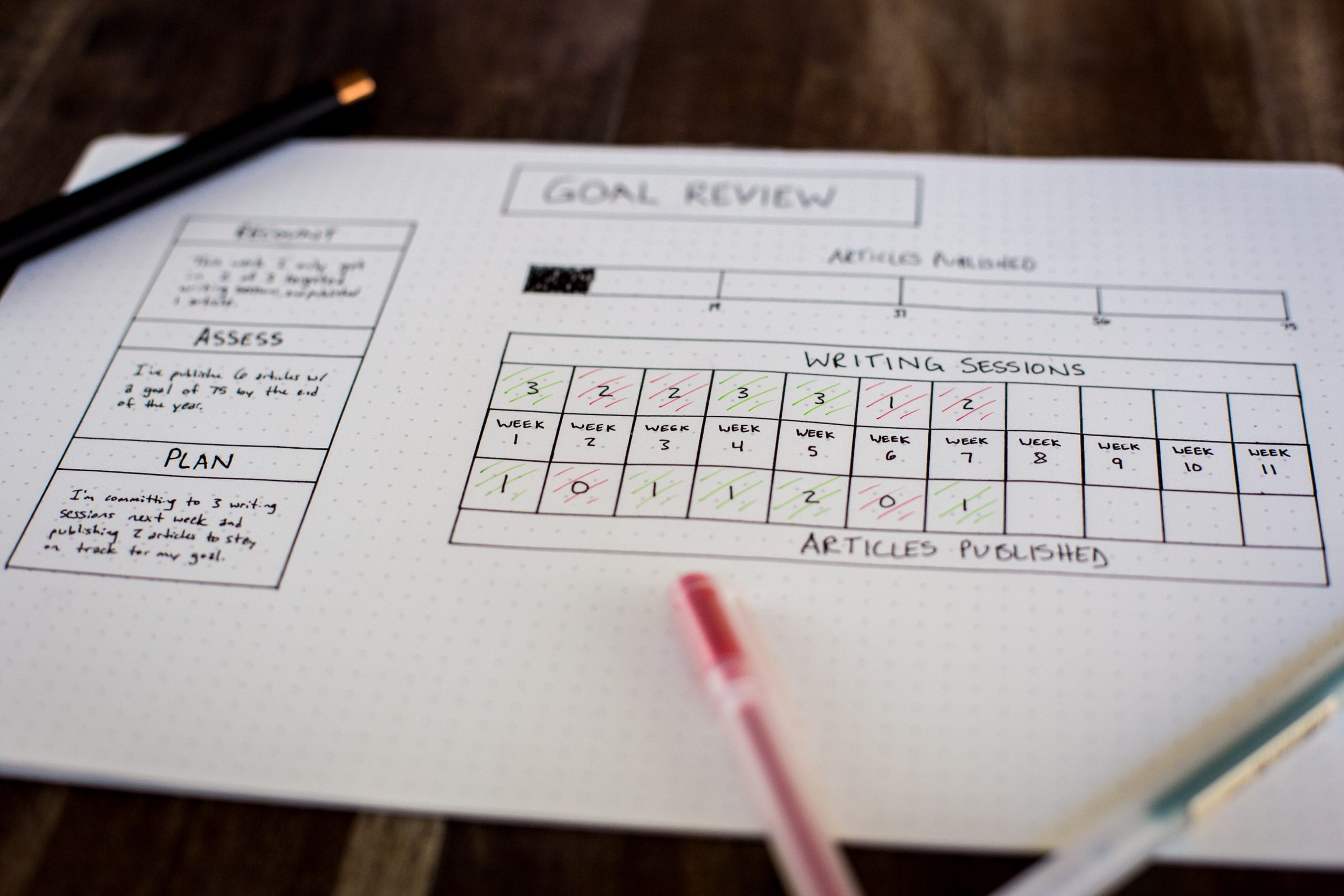I have a confession. Despite the fact that I write about and even teach workshops on how to get better at it, I suck at managing my attention. It’s led to poor grades, being fired and so much more. But a few years ago, I figured out how this simple morning routine changed a lot of things for me. I developed a writing habit, wrote 2 books and started reading 100 books a year.
An effective morning routine can determine how the whole day turns out. If you start the day by reaching for your phone, you’ll start the day with a self-imposed cognitive deficit. You waste attention, the currency of achievement on low-value tasks that don’t lead to anything worthwhile.
Throughout the day, we reach a point of diminishing returns. Later in the day, the same effort will produce less or lower quality output. Throughout the day, you make 100s of little decisions. And those decisions gradually deplete your willpower and cause decision fatigue. This is why you can’t resist the temptation at the end of the day. To add, that you’re tired.
Steven Kotler says that 90 minutes of focus on your most important tasks is the key to flow and sustained high performance. A short window of uninterrupted concentration to start the day will do wonders for your productivity and your creativity. This all begins with your morning routine.
Your Morning Routine Begins the Night Before

Planning your days the night before increases your productivity for multiple reasons. First, it provides you with clarity. Second, you’re not spending your prime hours of the day planning. Instead, you’re executing and going through your morning routine.
Create a to-do list. It doesn’t matter what tool you use for this. But limit yourself to no more than 3-5 items on your list. Your brain makes progress towards a goal based on the perceived distance. That’s why it’s better to have a smaller list, finish what’s on it and add later. With a massive to-do list, it feels like you’re not making a dent. A consistent night routine leads to a more effective morning routine.
Have a Daily Ritual

When you have a ritual to start the day, you don’t use up your willpower making a bunch of inconsequential decisions. The creative life and creative careers are, by nature, uncertain. Rituals provide us with a sense of certainty. But you don’t have to be an artist to have a ritual or morning routine. In his book, Daily Rituals, Mason Currey profiled scientists, artists, innovators, etc.
“This tiny routine signals to your brain that it’s time to get into work mode or exercise mode or whatever mode you need to be in to accomplish your task. Additionally, a pregame routine helps you overcome a lack of motivation and get things done even when you don’t feel like it,” says James Clear
My morning routine is quite simple:
- Meditate for 10 minutes.
- Read for 45 minutes.
- Write 1000 Words.
This simple morning routine has had a multiple six-figure ROI.
Avoid Technology for At Least the First 30 Minutes

“When you reach for your phone or your laptop upon waking, you’re immediately inviting anxiety and chaos int your life. You’re also bidding adieu to some of the most potentially fertile moments in the life of a creative person.” – Austin Kleon
Starting your day on the internet is terrible for your brain. Nobody has ever changed the world by checking email so why on earth would you start your day with it? Besides you’re wasting one of the most precious times for any creative person.
There’s a power to analog an increasingly digital world. I read physical books; plan my days in Moleskine; and I always carry a notebook. Analog tools are distraction-free by default.
To do high-value creative work, you need stretches of uninterrupted concentration. You’re more likely to find those stretches when the rest of the world is putting any demands on your time and attention.
By avoiding technology during your morning routine, you build up your capacity to resist distraction and sustain your attention.
Have a Designated Space for Your Creative Work

When you walk into the bathroom, you know you’re there to shower, sh#$3, or brush your teeth. The environment and your behavior are linked.
When we convene day upon day in the same space at the same time, a powerful energy builds up around us. – Steven Pressfield
We can use that principle to create other behaviors, too. By do the same thing in the same place at the same time, eventually, your behavior will become automatic.
I know when I sit down with a cup of coffee and a pen in my hands, that it’s time to read and write. Because I’ve done this for so long, it’s second nature. I don’t have to put in my to-do list. And I don’t have to make a conscious effort. In fact, something feels off if I don’t follow this routine.
Make Sure That Space is Distraction-Free

All of your behavior is a byproduct of your environment.
- If your phone is within reach, you’re more likely to reach for it.
- If your inbox is open, you’re more likely to look at your email.
All of this is detrimental to your morning routine. If you design an environment conducive to your desired behavior (focus), you’ll be less likely to cave into sources of distraction.
- Leave your phone out of the room: **Your smartphone is one of biggest sources of distraction in your environment. You reach for it out of habit, not out of necessity. And every single time you take a quick peek at Instagram, your inbox or your text messages, you derail your focus. If you want your environment to be distraction-free, leave it out of the room.
- Reduce the Competition for Your Attention: Distractions aren’t just digital. Things you see, hear, and feel can be distractions. If something is not relevant to the task at hand, it’s a distraction. By reducing the competition for your attention, you’ll have an easier time managing it.
- Block all sources of digital distraction: You might think you can resist. But nobody has “fuck around on Facebook” as an item on their to-do list. It just happens. By using a distraction blocker like RescueTime, you won’t have the option of caving in to distractions.
When you make your space distraction-free, you’re going to have a much easier time remaining indistractable.
90 Minutes

Flow is the creative superpower that makes the impossible possible and leads to a 500 percent increase in productivity. But one of the critical ingredients for getting into a flow-state is time.
According to Steven, it takes 90 minutes to get into flow. He goes into much more detail in Zero to Dangerous.
At the time I’m writing this, I’ve been working for just about 90 minutes. And it’s starting to feel effortless, and I don’t actually want to stop. With 90 minutes of focus on your most important tasks, you’ll get far more out of a morning routine. Because you can’t turn flow on and off like a light switch, it’s critical you don’t shift your focus to something else.
You’d be amazed at what you can accomplish with just 90 minutes of uninterrupted focus every single day.
Developing Your Morning Routine

A good morning routine gives you a reason to get up in the morning. It reduces your anxiety, increases your productivity, and leads to more creative breakthroughs. It also enables you to leverage the profound power consistency. The following are what I consider parameters for an effective morning routine:
- Simple
- Sustainable
- Repeatable
If you’ve crafted it properly, somebody else could be you for the first 90 minutes of the day. Your morning routine doesn’t have to be complicated. Don’t underestimate the power of starting small.
- Develop one new habit for the first 20 minutes after you wake up and brush your teeth.
- Make it easy for yourself to follow through. It could be writing a sentence in a journal or reading 3 pages of a book.
- Try to sustain one small habit for a week before you add a second one.
Designing your life begins with designing your days. And designing your days begins with designing your hours. This isn’t sexy or glamorous. But its’ how you bridge the gap between who you are and who you want to be.
Instead of trying to make drastic unsustainable changes to your life, start by changing the first 90 minutes of your day with an effective morning routine.
